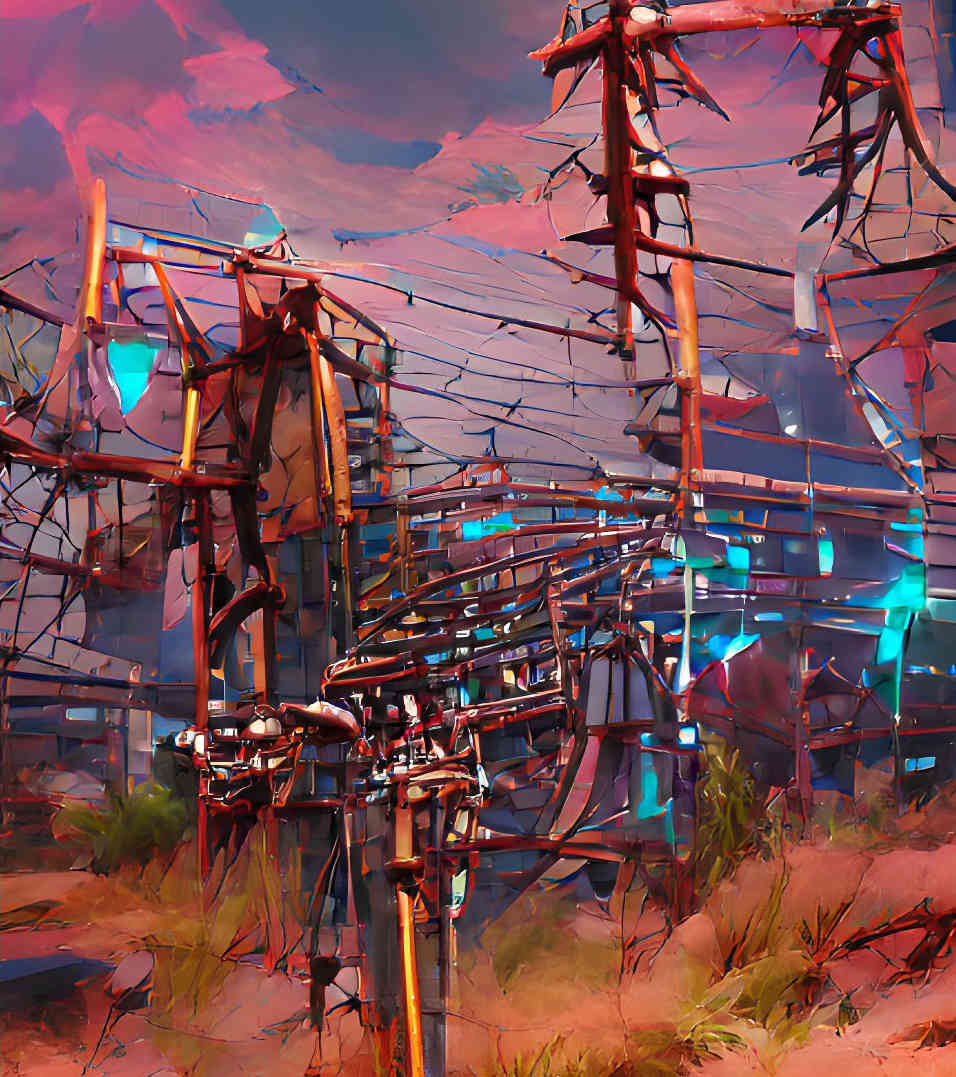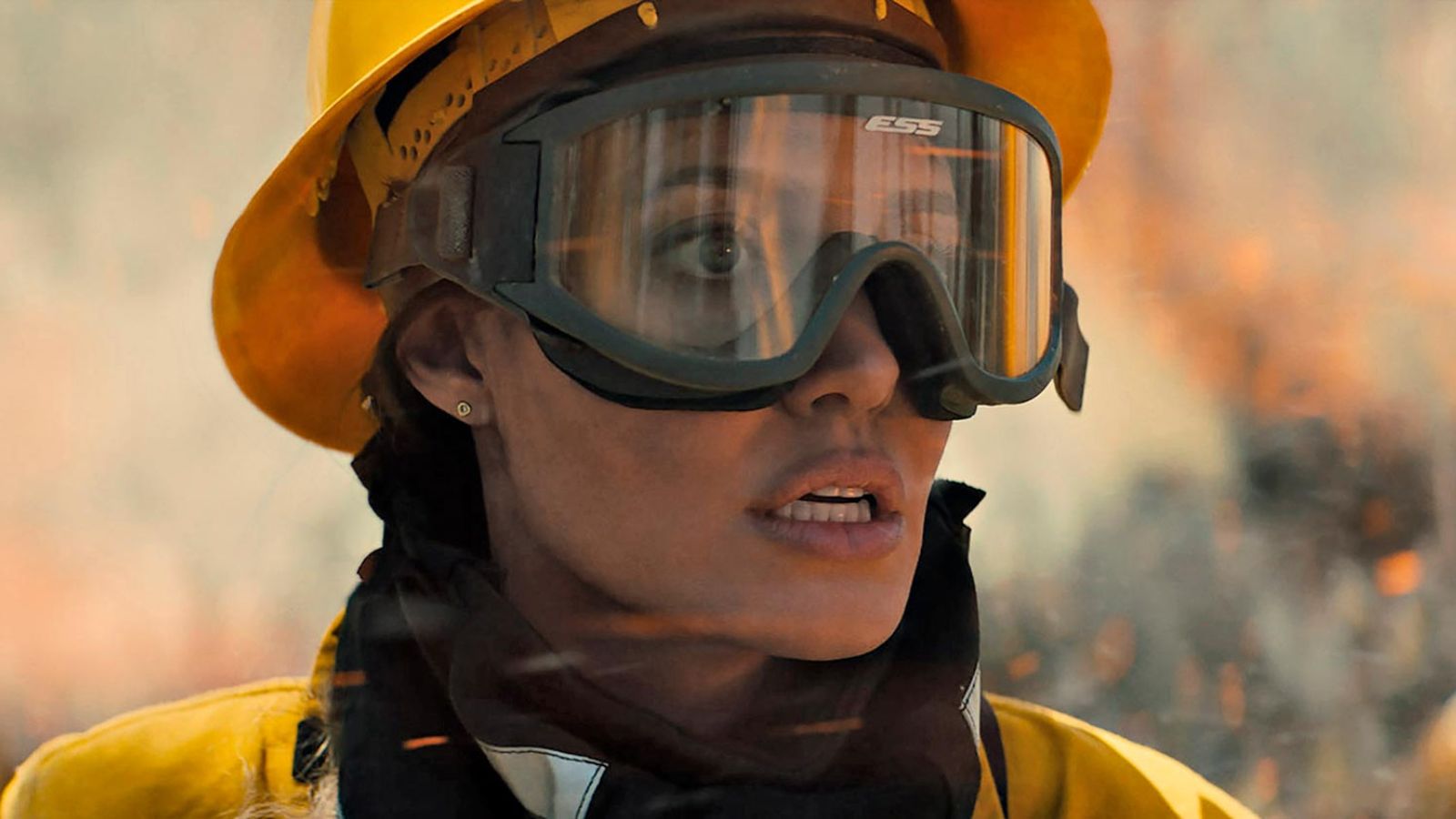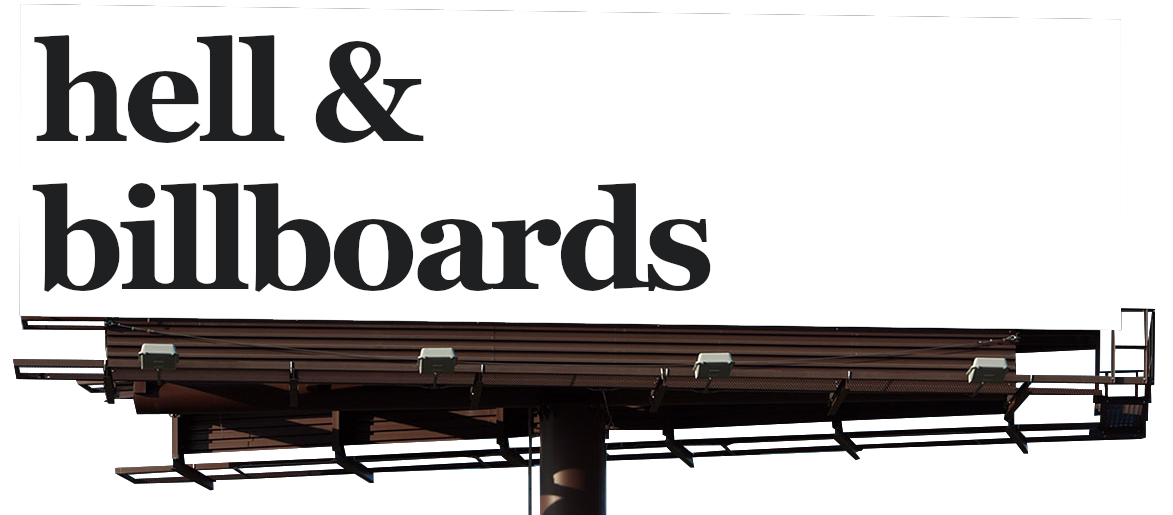Posts filtered by tag: rural

"The bringing into cultivation of waste-lands" - Marx
The wind screams to nothing as absence rests heavily atop a rocky plain. No one dares venture here, not because of anything in particular, but of what it lacks. What landscape is more indicative of the end times than the wasteland? Lighting screens of a dark tomorrow, wastelands paint a bleak backdrop to films depicting harsh environments or the aftermath of a terrible disaster. The deserts of Tatooine or the visions of McCarthy's The Road seem to contrast our inhabited and shining pathways from city to city or suburb to exurb. Yet, the wasteland is here and it is in New Jersey.
First, continuing our speculative project of the apocalypse, the end of days was yesterday and rather unceremonious. With this in mind, the wastelands of this brave, dead world are equally banal. On the route out of New York City, if one dares cross the GWB or tunnels beneath the Hudson, they are met by a nightscape of parkways and turnpikes, tolls and taillights, all illuminated by the light pollution of near cities and industrial parks. Our wasteland is concrete and asphalt, a mix of rusted and new metal, wires, and lights. Twilight and headlights illuminate silhouettes of old bridges and empty factories.
This is far from barren. Instead of being the absence of civilization, it is a necessary byproduct and requirement. Landfills and logistics together, the two components meant to be invisible become the universal backdrop for everything. While New Jersey may offer the key example, this wasteland is everywhere with a few pockets of cities, housing developments, and wilderness. Now, how do we understand this bright wasteland?
Simply looking around at the rusted bridges and fourteen-wheelers is confirmation enough that the wasteland was produced and is constantly being made and remade. This process, even though it may at first feel as much, is not an entirely autonomous event, happening without our knowledge and activity; rather, it is through our everyday actions and the products of our activity that contribute to the wasteland. The corollary to this is that the wasteland is also a contributing factor to the production of ourselves. We make the wasteland and the wasteland makes us.
While in movies, the leather-laden and begoggled motorcyclists appear quite situated in their environment, how are we, coffee-stained and donning a singular air-pod in our Sedans situated in our wasteland? Mark Fisher's "capitalist realism," that it is easier to imagine the end of the world instead of any alternative, and Zizek's claim that we are all Fukuyamaists, that we all tacitly believe that we are at the end of history despite our conscious beliefs otherwise, both capture the real character of this wasteland: the fact that it can never be recognized as such. To do so is to finally address the concrete reality of the wasteland, of the ruins of what was before, and the possibility of what can come after.
This is precisely the radical freedom prompted by science fiction fantasies of "terraforming." Here, humans find an inhospitable planet and then seek to create a suitable ecosystem and habitat for human life. Is the proper post-apocalyptic response not one of terraforming, of accepting our wasteland as a wasteland and opening it up to our own will? The only issue with such fantasies is that they are always plagued by what the terraformers brought with them, such as their politics, petty disputes, and antiquated social systems. Is the problem then that, at least in these fantasies, the wasteland and its preceding apocalypse wasn't quite so catastrophic? To be more precise, it was not let go, what was not "laid to waste" that is the issue, not the inhospitable wasteland itself.
Yet, one has to be careful here. This point can easily be overemphasized into a glee of destruction (i.e., Benjamin's The Destructive Character, or Nietzsche's "putting one's shoulder to the plow). While there is some truth to this position, the path forward lies not only in the act of lying to waste, but, according to Marx, is "the bringing into cultivation of waste-lands." It is here precisely that the "laying to waste" is the antiquated apocalypse itself, the fact that the catastrophe was an element of yesterday despite its capacity to lay the grounds for tomorrow.
This point can best be made by Nicholas Hoult's Nux in Mad Max Fury Road (2015). In the film, Nux is a tumor-ridden and therefore doomed War Boy who comes to doubt his religious fealty to Immortal Joe and eventually sacrifices himself for the survival of a new society where water is freely given to all inhabitants of the Citadel. However, it is important to note that Nux, upon his sacrifice, screams his famous "witness me!" that all War Boys scream when death is imminent. Rather than having given up his faith and simply destroying the social structure his faith was integral to, Nux's sacrifice is his final proclamation of his faith and the preceding society, its own death blow to itself. In this view, the (de)constructive force behind the wastelands is society's own death blow to itself, one that should not be hindered, but aided for the freedom that follows from the ensuing terraforming and building of something new.

Sheridan’s Those Who Wish Me Dead surprisingly offers an enjoyable and rather ominous portrait of our current predicament. Spoiler warning: the movie follows a young boy and his father who are on the run from two hitmen who were supposedly hired by those implicated in the father’s financial investigation. After the father falls victim to the hitmen, the young boy, Connor (Finn Little), teams up with Hannah (Angelina Jolie), a firefighter haunted by her past failures, to survive through the night.Though criticized as being a “90s style action film,” Those Who Wish Me Dead presents two contradictory viewings that both have a bearing on the “90s” style critique.
The first viewing, perhaps the more critical of the two, lies in how the film still has a naive hope that once the large conspiracy involving the wealthy and powerful comes to light, the problem will magically be solved. If this doesn’t scream 90’s-Clintonite-the-power-of-journalism, I don’t know what does. Either way, the film abruptly ends with Hannah and Connor affirming that they will make it through an uncertain future as a news van rolls up to heroically solve the political crisis and “keep the powerful accountable.” In this viewing, the film had the holy trinity of police, firefighters, and the press. Not only are cops and the forest service here to protect us from fires and bad guys, but the press will surely make those who had the father killed face the utmost scrutiny. I’m sure an avid Biden supporter will sleep easy tonight.
The second view involves the sense of uncertainty throughout the film. There is undoubtedly a sense of confusion surrounding the roles of the characters. The sheriff, (Jon Bernthal, whose image of the The Punisher still haunted his role), though at first playing a paternal and concerned role for Hannah winds up being rather inconsequential. This is especially the case when compared to his pregnant wife, Allison (Medina Senghore), who single-handedly defends herself from the hitmen, maims one of them, and ends up dispatching Aiden Gillen. Later, long after the radio confirms that the fire started by the hitmen is “0% contained,” firefighters are seen triumphantly parachuting out of an airplane over a desolate field of ash. One can’t help but feel that these too were somewhat inconsequential. Last but not least, the press van simply shows up and does nothing further than to, with a flourish of seriousness that only news commentators can employ, slam the doors of the van and rush off screen. I don’t even need to elaborate on the feats accomplished by these heroes.
In this view, the 90’s era component lies more in Fukuyama’s famous (albeit misunderstood) “the end of history” than in any well-worn cliches. The world inhabited in this second viewing is haunted by past fires and failings. The constant headlines of scandals and conspiracies are too common to mean anything – one only has to look at Epstein, Snowden, or the Panama Papers to understand that. The police, firefighters, and press are always-already too late. What does this mean? The crime already happened. The fire has swept through leaving only ash. The police can only meander through a crime scene and knowingly assess the severity (if they weren’t the ones that committed it in the first place). So what lies ahead? The film surprisingly offers a glimpse at a collective path forward with Hannah and Connor’s affirmation that they will make it through together. Though, perhaps more importantly is Allison’s survivalist capacity to defend herself, persist despite the world burning around her, and defiantly offer up the best one-liner of the movie, “this place hates you too.” Presented by her sheer capability is a path forward that leverages the rage of the burned, exploited, and largely abandoned hinterland. Perhaps the fact that I am writing this review from the deep woods of the Northern Midwest colors my view, but the film’s collective affirmation, survivalist defiance, and persistence all amid an inferno made for a compelling and overdue 90s flick.
